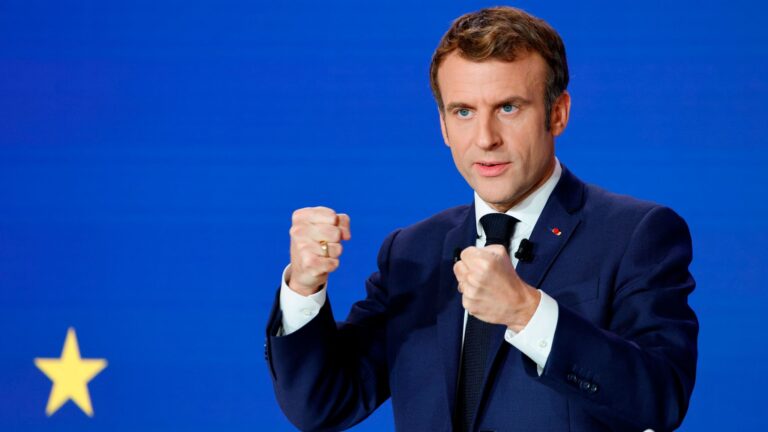By Peter Omopo
Paris, September 11, 2025 — A French parliamentary committee has recommended a sweeping crackdown on youth access to social media, urging a total ban for children under 15 and a nighttime “digital curfew” for those aged 15 to 18.
The proposals, unveiled Thursday, follow months of hearings with families, influencers, and tech executives, amid mounting concerns over the impact of platforms like TikTok on children’s mental health.
Committee chair Arthur Delaporte told AFP he would also file a criminal complaint against TikTok, accusing the app of “endangering the lives” of young users. The platform, owned by Chinese company ByteDance, has repeatedly stressed that child safety is its “top priority.”
President Emmanuel Macron’s office has already signaled support for stronger restrictions, noting that Australia is moving ahead with similar legislation to bar under-16s from social media.
The committee was originally tasked with examining TikTok after seven families filed a lawsuit in 2024, accusing the platform of exposing their children to harmful content that encouraged suicide.
Report co-author Laure Miller said TikTok’s “addictive design and algorithm” had been widely copied by other platforms, fueling the need for urgent reforms.
TikTok executives testified that AI-enhanced moderation removed 98% of harmful content in France last year, but lawmakers dismissed the efforts as inadequate, saying harmful videos — including self-harm content — still spread easily.
One mother, Géraldine, whose 18-year-old daughter died by suicide last year, said TikTok had “plunged her deeper into her dark impulses,” despite not being the sole cause of her death.
The report went further, warning that if platforms fail to comply with European regulations within three years, the under-15 ban could be extended to all minors under 18.
It also recommended a “digital curfew” from 10 p.m. to 8 a.m. for 15–18-year-olds, limiting their access to apps overnight.
Delaporte argued that TikTok executives may have misled parliament by denying knowledge of internal reports about algorithmic harms, which he said amounted to “lying under oath.”
The proposals will now feed into wider debates on regulating tech giants in France and across Europe, where policymakers are grappling with balancing digital freedoms and child protection.

